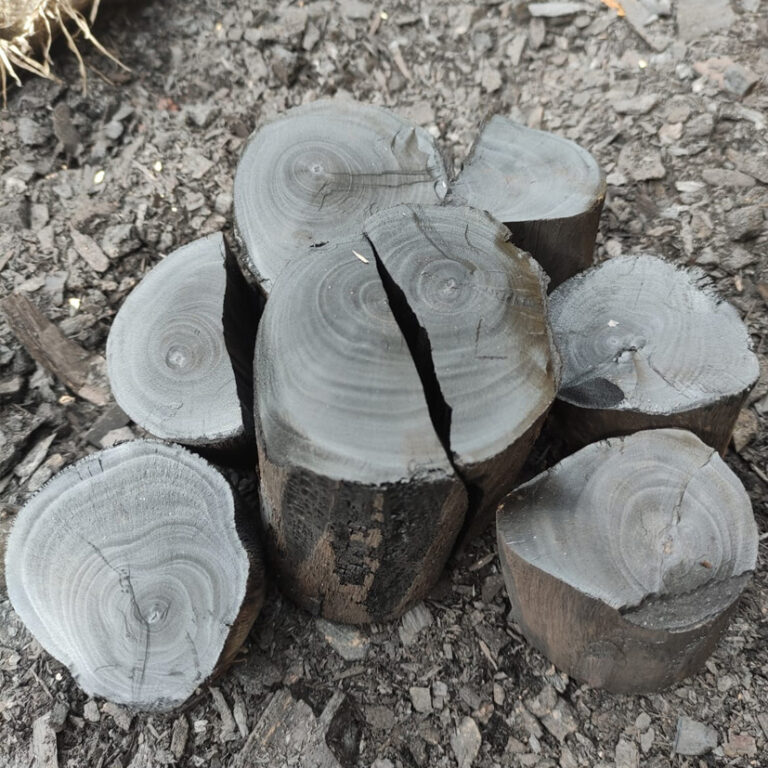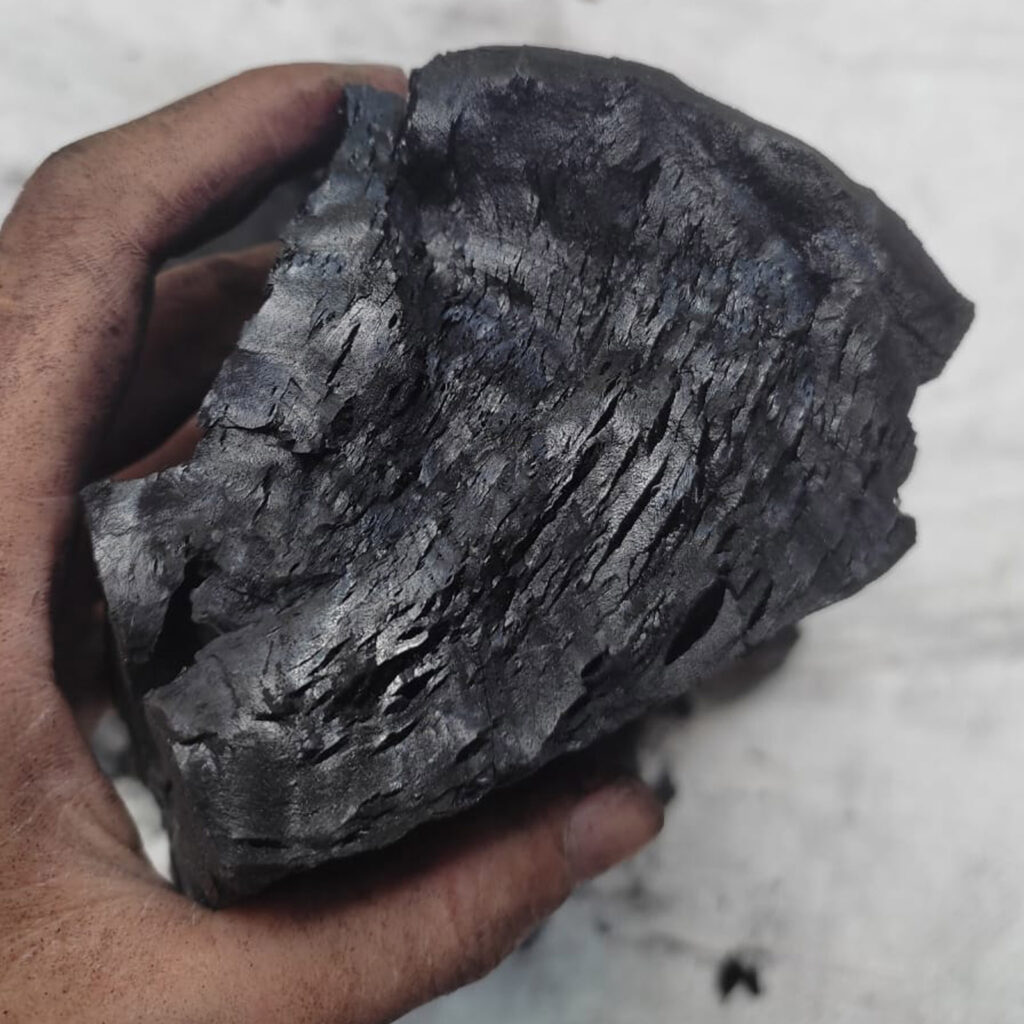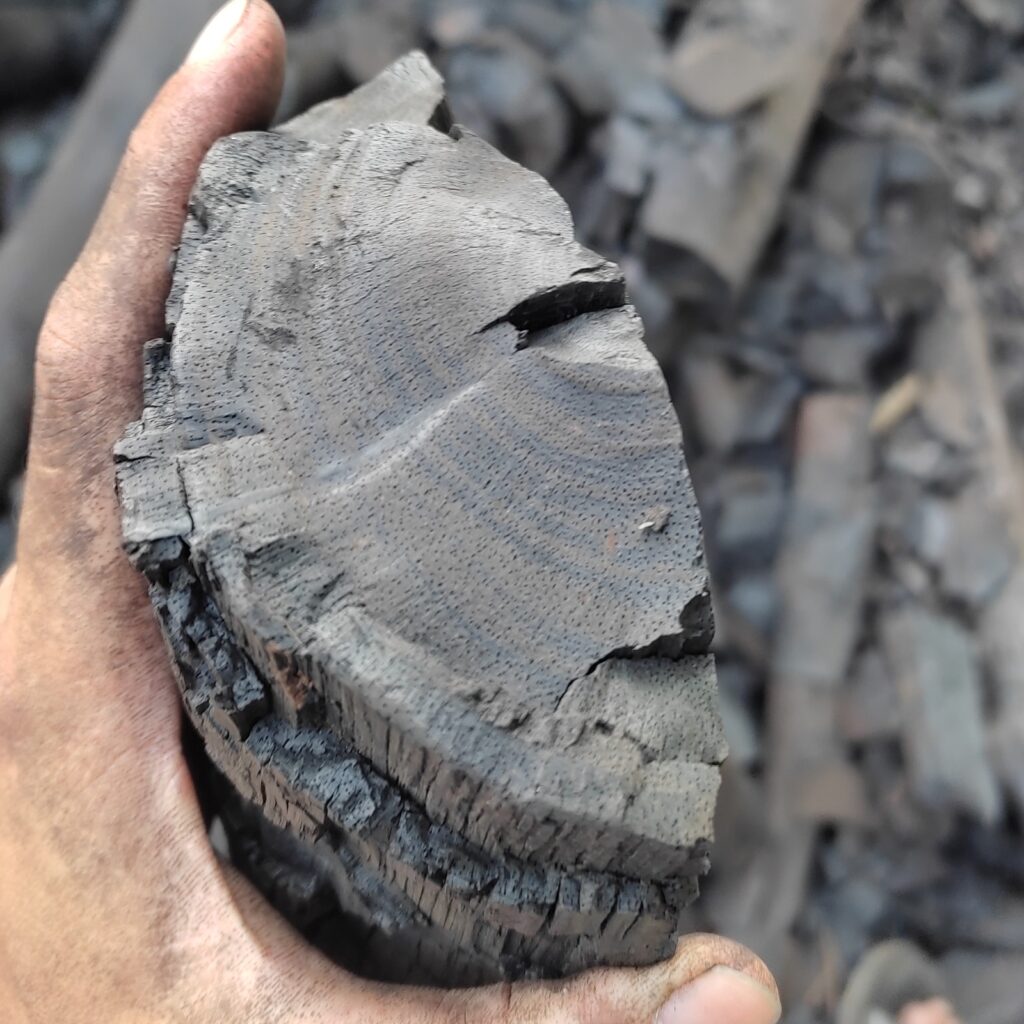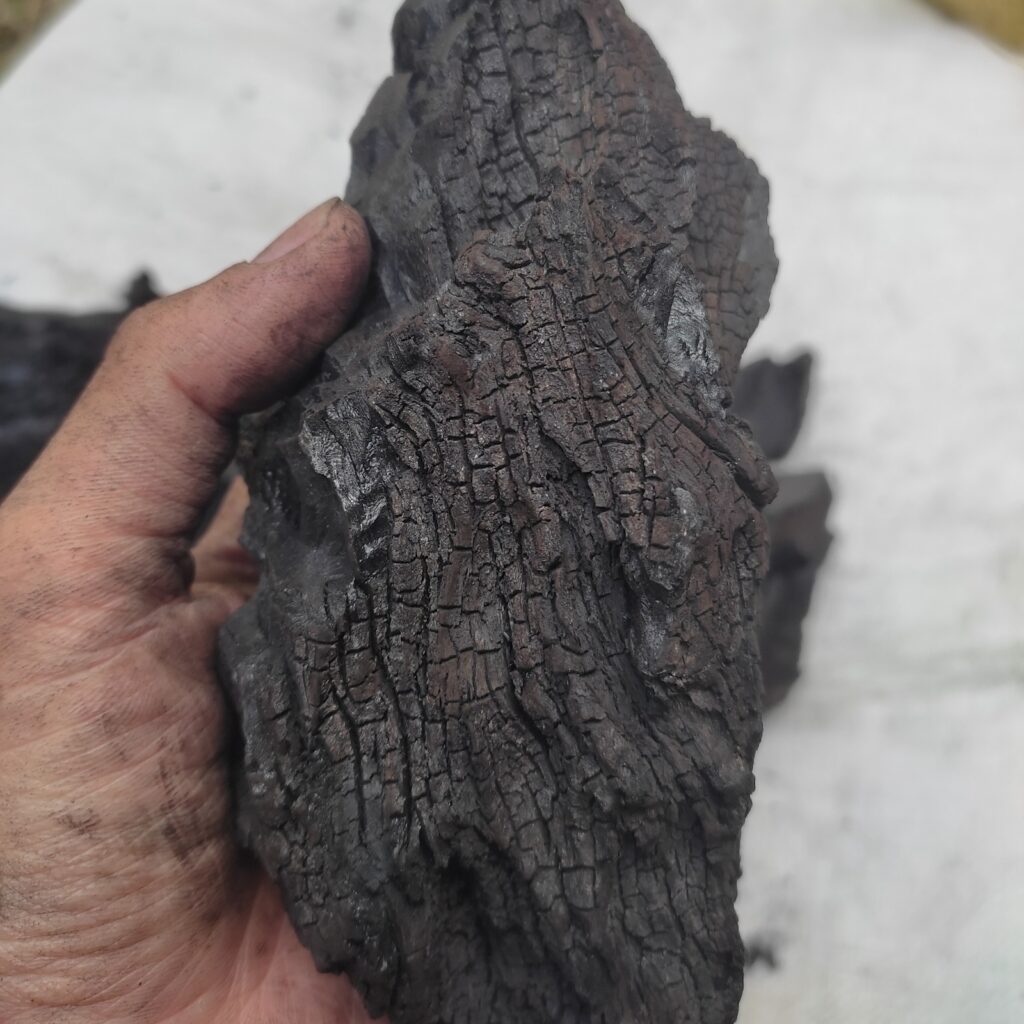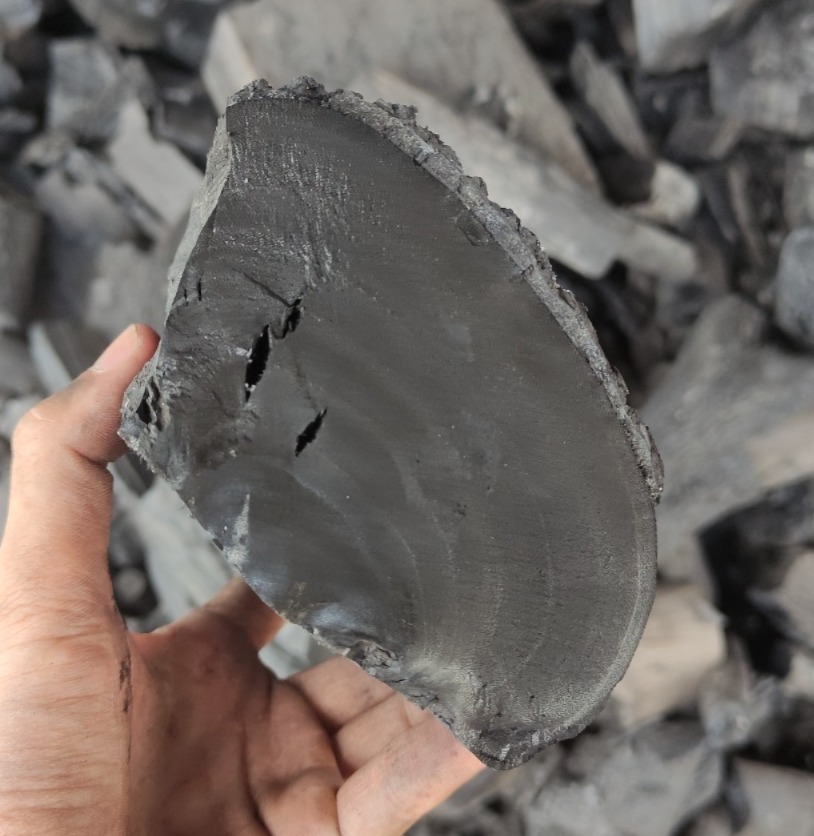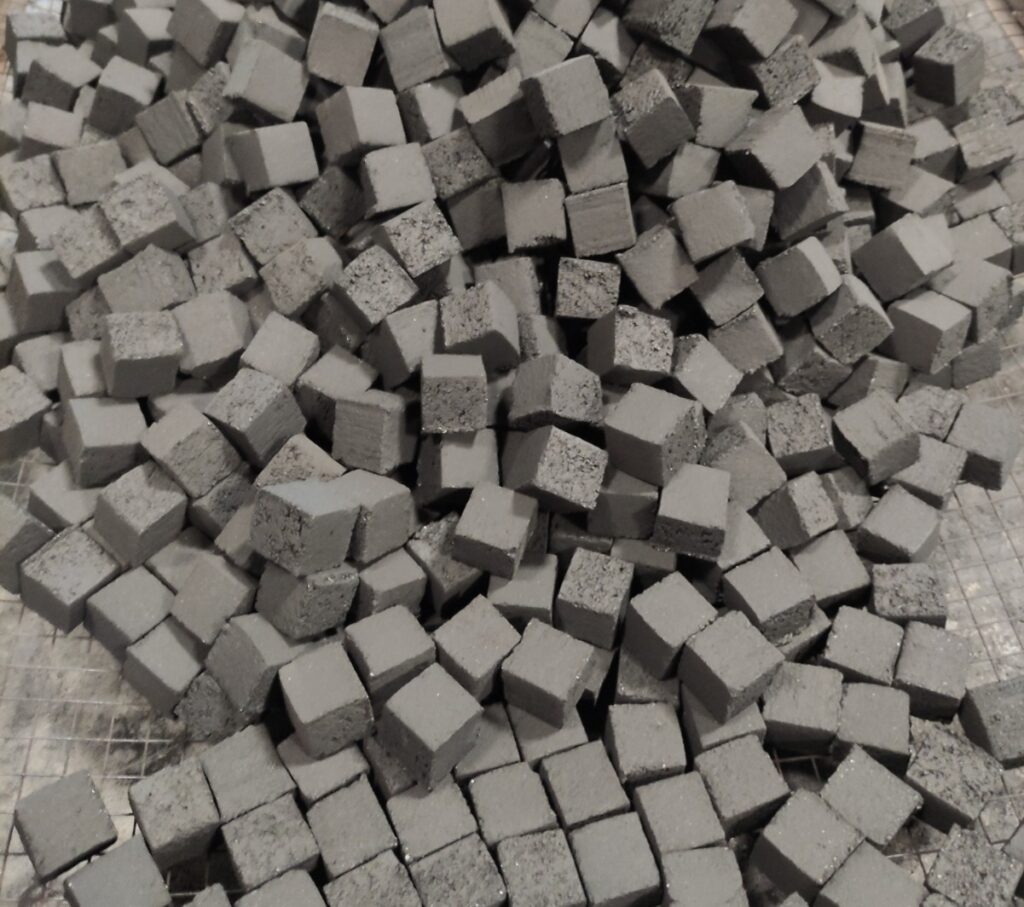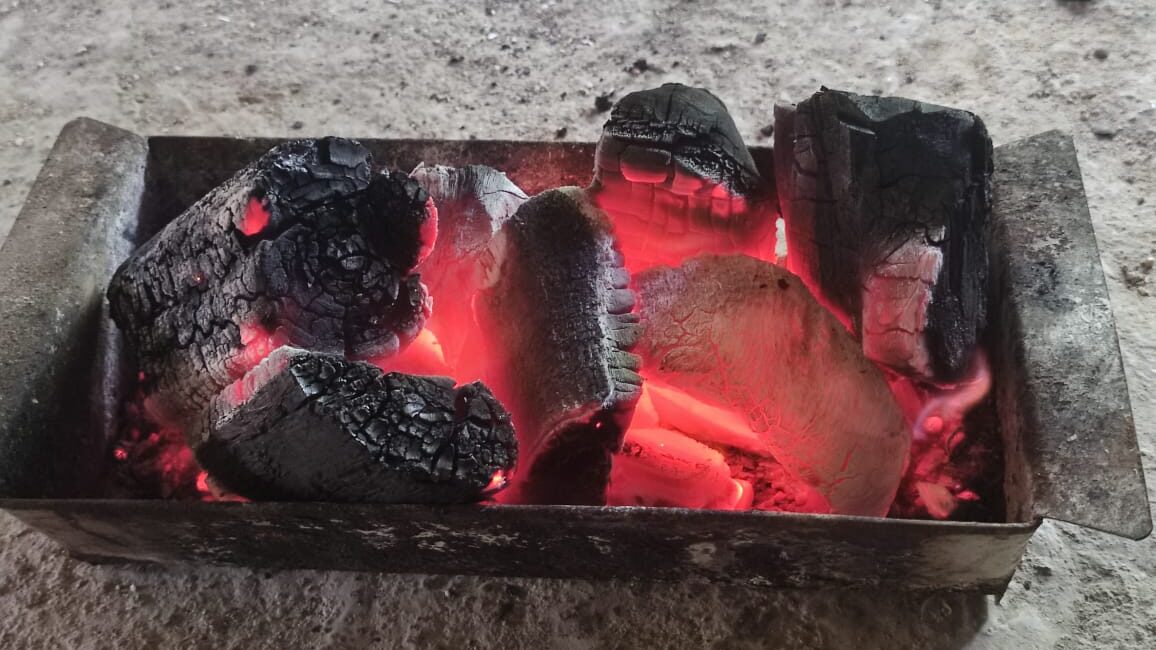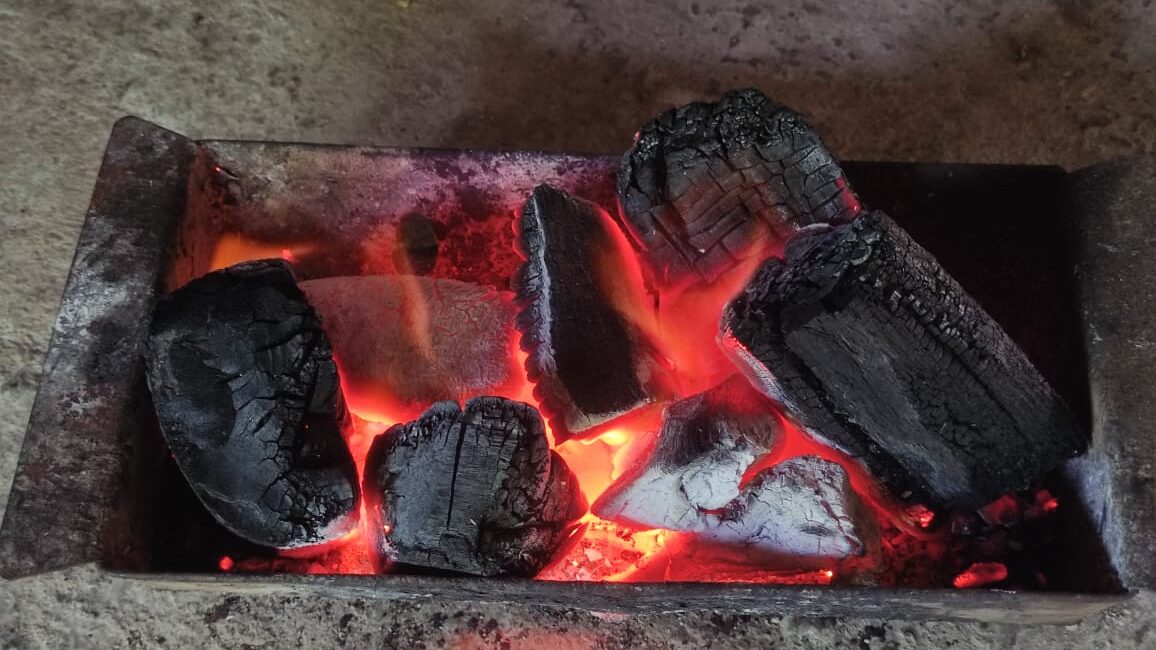
Indonesian Charcoal Supports Local Communities. Indonesian charcoal is not only a globally demanded export commodity but also plays a significant role in supporting local communities. Many Indonesians are directly involved in every stage of charcoal production, from harvesting wood to packaging the final product. This article explores how Indonesian charcoal empowers communities and positively impacts the local economy.
Job Creation for Local Communities
The production of Indonesian charcoal involves various layers of labor, from farmers planting trees to workers managing the burning process in kilns. Local farmers cultivating wood for charcoal benefit from sustainable agricultural practices, improving their livelihoods. Additionally, workers involved in the production process receive a stable income, supporting the local economy. As a result, the Indonesian charcoal industry significantly contributes to reducing unemployment in production areas.
Empowering Communities Through Training and Skill Development
Community empowerment is also carried out through training and skill development. Many local organizations provide training to enhance work skills in charcoal production, especially in areas reliant on this industry. Workers are taught more efficient methods to manage charcoal production, which in turn improves the quality and quantity of the products produced. The skills acquired help improve workers’ living standards and support local economic growth.
Sustainability in Charcoal Production
Indonesian Charcoal Supports Local Communities. Indonesian charcoal is produced with environmental sustainability in mind, considering the importance of long-term ecological preservation. Many producers adopt sustainable tree planting methods, supporting forest regeneration and reducing deforestation. The production process uses wood from trees grown specifically for this purpose, and efficient burning techniques minimize the environmental impact. Thus, this industry not only provides economic benefits but also supports environmental conservation, which is crucial for local community welfare.
Indonesian Charcoal in Local Economic Development
In addition to creating jobs, Indonesian charcoal suppliers contribute to local economic development through international trade. The export of Indonesian charcoal not only brings revenue to the country but also improves the purchasing power of communities involved in production. Income from global charcoal sales enhances the well-being of local communities and drives infrastructure development in areas dependent on this industry. Overall, the Indonesian charcoal industry has a broad positive impact, contributing to Indonesia’s overall economy.
For more information about charcoal, you can visit Wikipedia on Charcoal.
Conclusion
The Indonesian charcoal industry provides significant benefits to local communities. By creating jobs, empowering communities through skill training, and supporting sustainability, Indonesian charcoal plays an essential role in improving people’s quality of life. Moreover, the global demand for Indonesian charcoal helps strengthen the local economy. For those interested in learning more or establishing business partnerships, visit بانواء إكسبور ماندييري.

